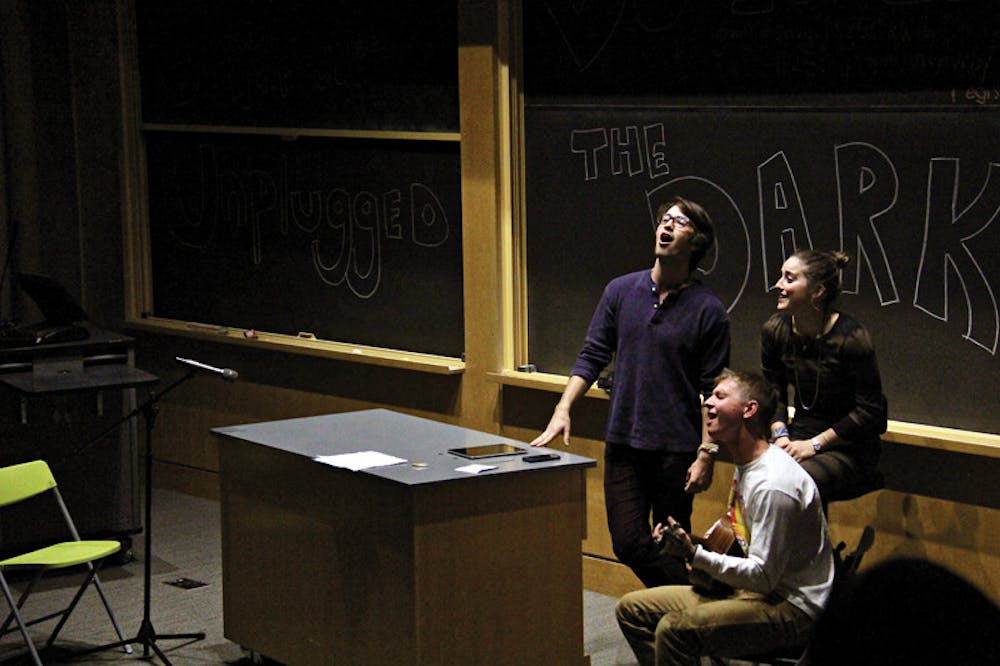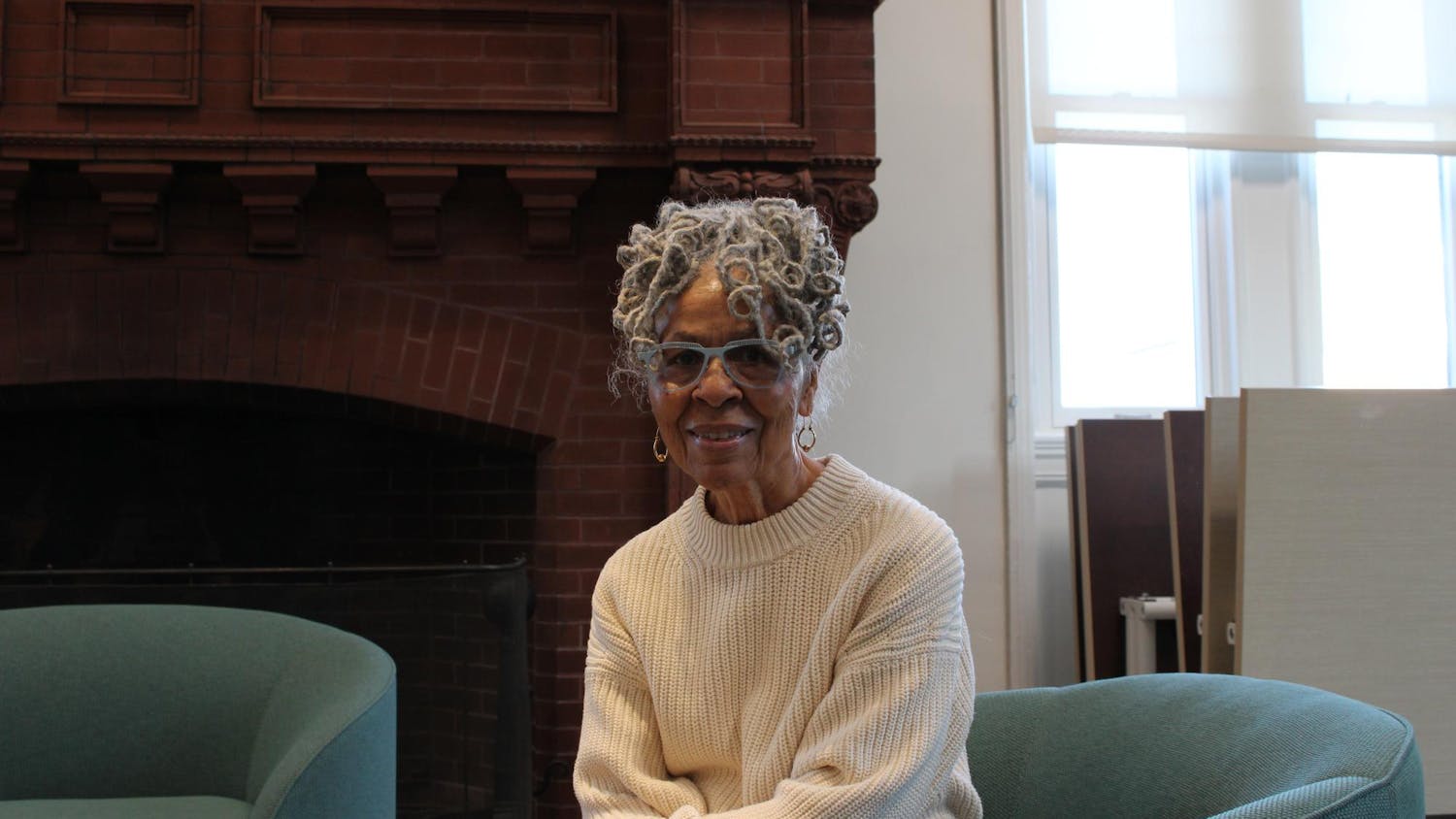Last month, Brown students saved $4,448 and 34,216 kilowatt-hours — more than three times the energy saved in past years — by changing habits of energy consumption in the Brown EcoReps fourth annual energy-saving intra-campus competition, Brown Unplugged: Do It in the Dark. First-year residence halls Emery-Woolley and Morriss-Champlin won this year’s competition with a 10.9 percent energy reduction, earning them a dinner with President Christina Paxson, five raffled bikes and various gift certificates to local restaurants.
“EcoReps is all about behavior change,” said Carlie Peters ’16, co-coordinator of the competition and a Herald assistant design editor, adding that the competition targeted certain behaviors like turning off lights in dorm rooms, turning off heat instead of opening windows, taking the stairs instead of the elevator and unplugging power strips and appliances not being used.
An online platform, Building Dashboard, collects the plug-load data for the dorms and posts it online so students see the effect of their actions throughout the competition, Peters said.
Peters’ co-coordinator, Alison Su ’16, said the dorms were ranked based on two metrics — the number of participants in the competition and the actual energy saved during the three-week period. This year, EcoReps reported that 989 students pledged to reduce energy consumption for the three weeks.
Though the number of participants was lower than in previous years, as a result EcoReps were able to focus on helping those who did register reduce their energy consumption and meet the conservation goals, Peters said.
Events such as a dodgeball tournament and a “Brown Unplugged: Unplugged” open mic night made new audiences aware of the competition this year, Peters said.
The competition helps students realize small and individual changes can make a difference, Su said.
The competition is “an extraordinarily good idea,” said Associate Professor of Biology Stephen Porder. Buildings consume 40 percent of the world’s energy, he said. “By far the most effective way of reducing emissions is by reducing consumption.”
Conservation is the “easiest, cheapest and most effective” short-term way to address unnecessary energy consumption, Porder said. If everyone “simultaneously made smarter decisions about their consumption choices that would be a very big first step towards getting where we need to be, not all the way, but a big first step.”
At Brown, “people are generally motivated to solve the world’s problems,” Porder said, adding that students have the power to make the choice to conserve energy.
The wider student body is often aware of what it can do to conserve energy, but does not always put such actions into practice, said Ethan Ebinger ’16, dorm captain manager for the competition. “Reminders can really help someone who has an interest in reducing their carbon emissions to actually start doing that on a daily basis,” he added.
One helpful habit is wearing more layers inside dorm rooms instead of turning up the heat, said dorm captain Dan Ziring ’17.
Ashley Washington ’17, also a dorm captain, said when she went to the Building Dashboard data she could see “how huge the reduction rate was” and realized what a large impact small changes can have.
Sometimes sustainability is new to students when they get to Brown, said Meggie Patton, the energy and environmental programs outreach coordinator. Often students learn energy conservation behaviors from their peers, and sometimes college is the first opportunity students have to practice these behaviors, she added.
Students often do not realize that they are practicing unsustainable energy use. When students open the window in times of cold weather instead of turning down their heat, “it’s like dollar bills flying out the window,” Patton said.
The white carbon cube that moved around the Main Green for several weeks was a part of the competition. When people hear “carbon footprint, or even sustainability or green, it’s not really a tangible thing they can hold on to,” Patton said. The cube, the size of a third of a ton of carbon, was present to give students a visual sense of the impact they were having. During the competition last month, students saved 133 cubes worth of carbon.
In future years, EcoReps hopes to keep track of energy usage throughout the year, not just during the three-week competition, Peters said.

ADVERTISEMENT




